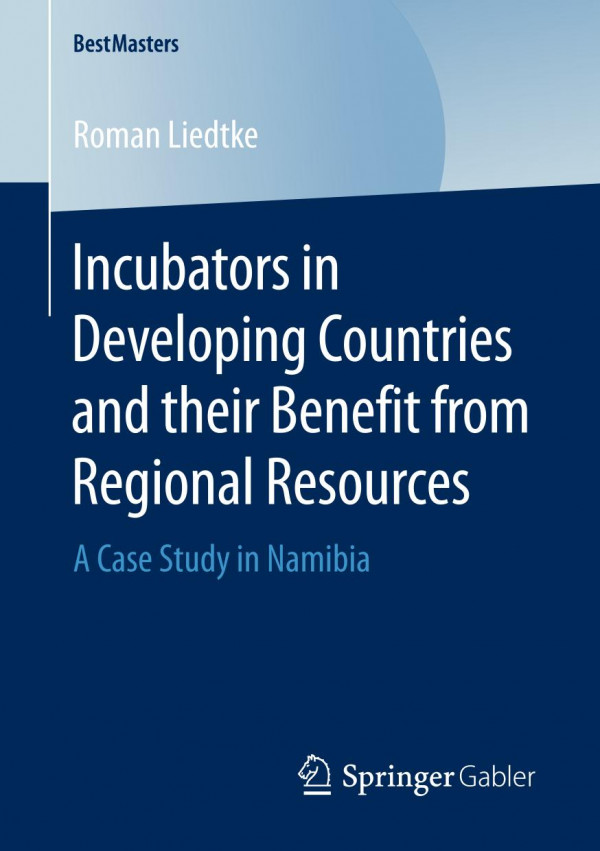

Most ebook files are in PDF format, so you can easily read them using various software such as Foxit Reader or directly on the Google Chrome browser.
Some ebook files are released by publishers in other formats such as .awz, .mobi, .epub, .fb2, etc. You may need to install specific software to read these formats on mobile/PC, such as Calibre.
Please read the tutorial at this link: https://ebookbell.com/faq
We offer FREE conversion to the popular formats you request; however, this may take some time. Therefore, right after payment, please email us, and we will try to provide the service as quickly as possible.
For some exceptional file formats or broken links (if any), please refrain from opening any disputes. Instead, email us first, and we will try to assist within a maximum of 6 hours.
EbookBell Team

0.0
0 reviewsRoman Liedtke investigates the causes of the failure of business incubators in developing countries. Based on the insights of an incubator program in Namibia, he develops a new absorptive capacity model which enables incubators in developing countries to improve their processes in order to better benefit from external resources. Since incubators and entrepreneurs suffer from resource constraints, the existing absorptive capacity research has been expanded by focusing on external resources and the institutional environment of an incubator in developing countries. This book opens up new perspectives and valuable results in incubator research in an effort to enable incubators to improve their programs and to boost growth rate of start-ups in neglected regions.